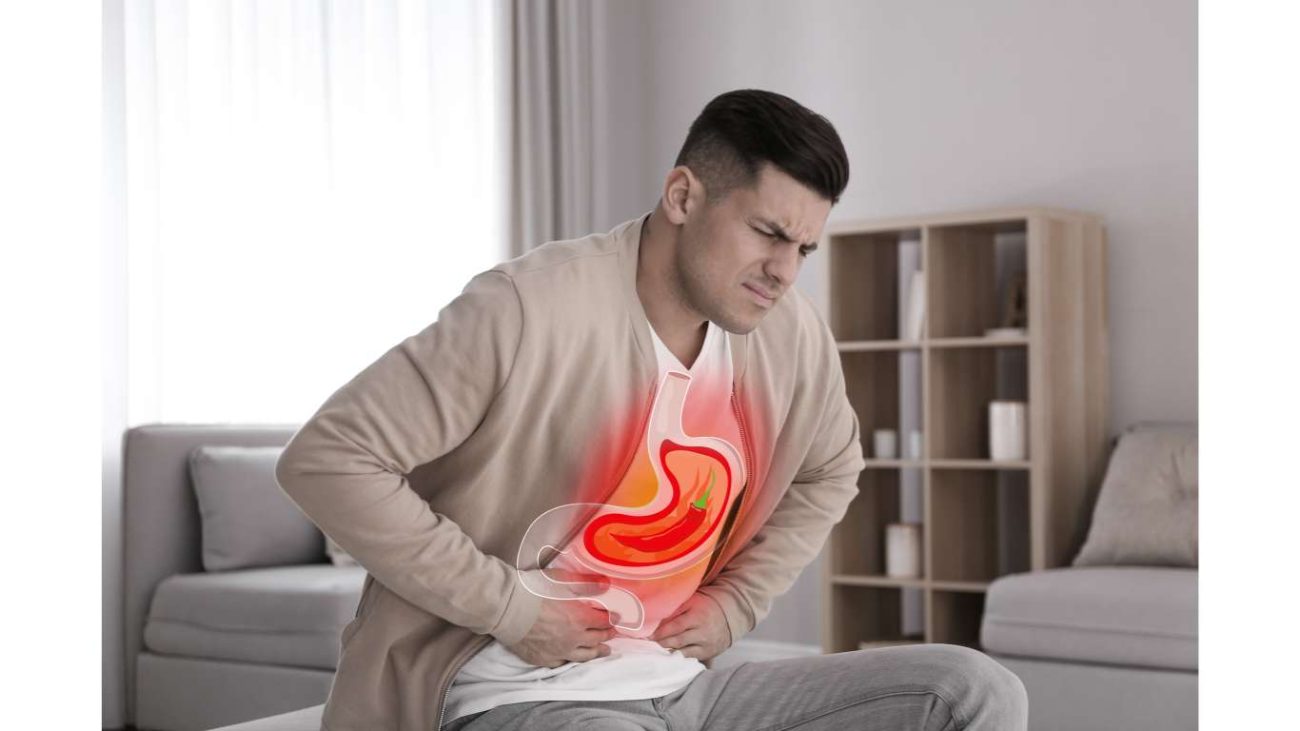Digestive problems can be uncomfortable and disruptive to your daily life. From occasional indigestion to chronic conditions like irritable bowel syndrome (IBS) or gastroesophageal reflux disease (GERD), many people experience digestive issues at some point. In this article, we will explore common digestive problems, their causes, and provide practical tips to help you solve and manage them effectively.
1. Understanding Digestive Problems:
Types of Digestive Problems: Digestive problems can encompass a wide range of issues, each with its own set of symptoms and causes. Some common digestive problems include:
Indigestion: This often manifests as a burning sensation or discomfort in the upper abdomen. It can be caused by overeating, consuming spicy or fatty foods, or stress.
Acid Reflux (GERD): Gastroesophageal reflux disease, or GERD, is a chronic condition where stomach acid frequently flows back into the esophagus, leading to heartburn and irritation. It can be exacerbated by certain foods, obesity, or a weakened lower esophageal sphincter (LES).
Irritable Bowel Syndrome (IBS): IBS is a functional digestive disorder characterized by abdominal pain, bloating, and changes in bowel habits. It can be triggered by stress, certain foods, or hormonal fluctuations.

Constipation: Constipation is when bowel movements become infrequent, difficult, or painful. It can be caused by a lack of fiber in the diet, dehydration, or certain medications.
Diarrhea: Diarrhea results in frequent, loose, and watery stools. It can be due to infections, food intolerances, or underlying medical conditions.
2. Identifying Common Causes of Digestive Problems:
Dietary Factors: What you eat plays a significant role in digestive health. Foods high in fat, spice, caffeine, alcohol, and artificial additives can trigger digestive problems in susceptible individuals. Food allergies and intolerances, such as lactose intolerance or gluten sensitivity, can also lead to digestive issues.
Stress: High levels of stress can disrupt normal digestive processes. Stress management techniques, like meditation, deep breathing exercises, or mindfulness, can help alleviate symptoms.
Lifestyle Choices: Sedentary lifestyles and irregular eating patterns can slow down digestion. Regular physical activity and consistent meal times can promote healthier digestion.
Medical Conditions: Several medical conditions can contribute to digestive problems. These may include:
Inflammatory Bowel Diseases (IBD): Conditions like Crohn’s disease and ulcerative colitis can cause chronic inflammation in the digestive tract, leading to symptoms such as abdominal pain, diarrhea, and weight loss.
Celiac Disease: An autoimmune disorder triggered by gluten consumption, celiac disease can result in damage to the small intestine and digestive issues.
Gallstones: These can block the bile duct and lead to abdominal pain and indigestion.
Hormonal Changes: Some women may experience digestive issues during their menstrual cycle or pregnancy due to hormonal fluctuations.
3. Effective Strategies for Solving Digestive Problems:
Dietary Modifications: Focus on a well-balanced diet that includes plenty of fiber from fruits, vegetables, and whole grains. Consider keeping a food diary to identify trigger foods and eliminate them from your diet.
Hydration: Drink enough water throughout the day to keep stools soft and prevent constipation. Herbal teas and clear broths can also be hydrating.
Stress Reduction: Practice stress-reduction techniques like yoga, meditation, or regular exercise to manage stress, which can alleviate symptoms of digestive problems.
Regular Physical Activity: Engaging in physical activity can stimulate bowel movements and promote overall digestive health. Even a daily walk can make a significant difference.
Probiotics: Consider incorporating probiotic-rich foods like yogurt, kefir, or fermented vegetables into your diet to promote the growth of beneficial gut bacteria.
Medication Use: If your doctor recommends medications, take them as prescribed. Be cautious with over-the-counter antacids or laxatives, as their frequent use can lead to dependence.

4. When to Seek Medical Help:
Red Flags: If you experience alarming symptoms such as blood in stool, unexplained weight loss, or severe and persistent pain, it’s crucial to seek immediate medical attention.
Chronic Conditions: If your digestive problems persist or worsen over time, consult a healthcare provider. They can conduct tests to diagnose underlying conditions and recommend appropriate treatments.
Conclusion: Solving digestive problems requires a multifaceted approach, including dietary adjustments, stress management, lifestyle changes, and, when necessary, medical intervention. Keep in mind that individual responses to these strategies may vary, so it’s essential to work closely with your healthcare provider to develop a personalized plan for managing your specific digestive issues. With the right guidance and lifestyle modifications, you can improve your digestive health and regain comfort and confidence in your daily life.

